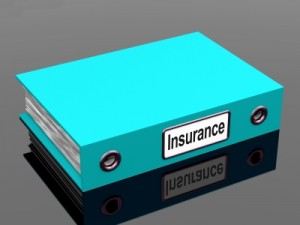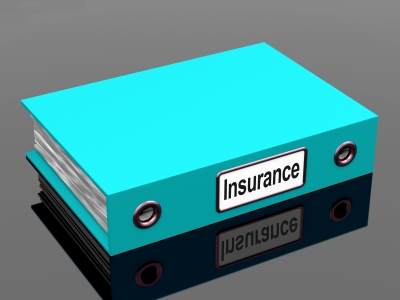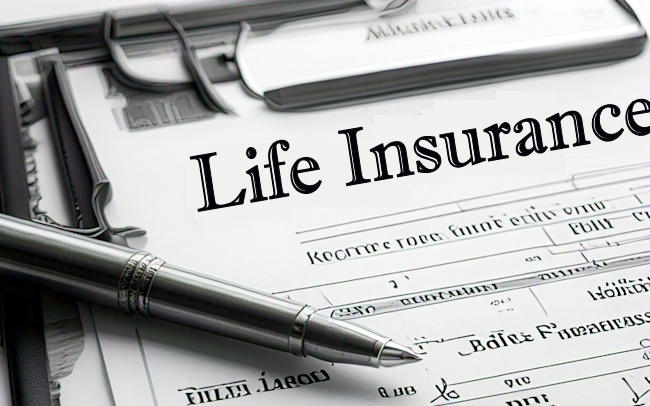If you’re not sure exactly what’s covered by your homeowners insurance contract, you’re not alone. Even experienced insurance professionals admit that homeowners insurance policies are complex documents written mostly in legal jargon that’s incomprehensible to the average person. It’s important, however, that you have a good understanding of exactly what’s in your homeowners policy, because otherwise you may be in for a shock when your claim is denied.
By doing a little homework and learning about the ins and outs of the average homeowners policy, you’ll be able to ensure that your valuables are sufficiently covered for every contingency. To help you better understand how the average homeowners insurance policy works, here are a few standard policy items you should know about.
Replacement Value

Your policy should offer replacement value insurance in case your valuables are lost, damaged through natural disasters or stolen. Once you file a claim, the insurance company pays you so that you can replace the items that were lost. It’s important to know, however, that some policies don’t offer the full replacement value in their coverage. Instead, they offer “fair market” or “cash value,” which means that they only take into consideration the item’s current value after wear and depreciation. This can be a headache because you’ll not only get less money for the item, but you’ll also have to prove that you owned it and establish exactly how much it was worth at the time it was lost.
The best way to handle the sticky subject of replacement value is to try and steer clear of policies offering fair market or cash value. By talking to an insurance representative, you can find out exactly how the company handles replacement claims, and, most importantly, how it defines the term “replacement value.”
Likewise, some insurance companies would prefer to replace the lost item rather than issue a cash reimbursement. This can be awkward if, for example, your Family is temporarily staying in cramped quarters waiting for your house to be rebuilt after a fire, because you probably won’t want to replace your 60-inch television while you’re living in a motel room. Find out how the company will reimburse you in instances where you’d rather have the cash.
Living Expenses after Loss
Homeowners insurance offers loss-of-use coverage that should take care of the bulk of your living expenses while you’re waiting for your home to be rebuilt after fire or natural catastrophes. Make sure, however, that you ask your insurance representative how much you would get, how long it would last and how soon the payments would start.
Deductibles
Deductibles work the same with any type of policy, be it medical, automobile or homeowners insurance. A deductible is the amount of expenses that must be paid out of your own pocket before the insurance company will pay any expenses. Naturally, the higher the deductible is, the lower your premium will be. In a worst-case scenario where you lose everything, such as a natural disaster, you’ll want to be reimbursed as much as possible, but in normal situations you want to pay as little as possible, so you need to balance the two factors. Generally, low income people decide to take the lowest deductible policy that they can afford, while high income individuals choose to set their deductible at the highest amount they can afford to lose in case of a disaster.
Renters Insurance
Although renters insurance isn’t the same as homeowners insurance, it works in the same way by protecting your valuables in case of emergency. If you live in a duplex or an apartment, your landlord will have an insurance policy taken out on the property, but you’ll need to take out renters insurance to protect your possessions.
Liability Insurance
Accidents can happen – and not only to you, but also to a guest or a contractor working on your home. When they do, it’s important that you have sufficient liability coverage in your homeowners insurance policy. Many homeowners take care of this by taking out an umbrella policy that goes beyond what’s covered in their homeowners insurance policy. According to the Insurance Information Institute, you can purchase up to $1 million in coverage for just a few hundred dollars.
It’s only natural to hope that you’ll never have to file a claim upon your homeowners insurance. But if you do, then it’s good to know how much is covered and exactly what you can expect in the way of reimbursements. By educating yourself about your policy, you’ll be in a better position to protect your home and your valuables in case of accident, fire, theft or other disasters.
See Also:
- An FHA Loan Can Help Low-income Families
- Getting Life Insurance Over 50 Is Easier Than You Think
- 4 Reasons to Get an Online Life Insurance Quote
- Insurance 101: All You Need To Know About Insurance
- Risky Business: 3 Reasons for Businesses to Have Insurance
- The Differences Between Term and Whole-Life Insurance
Recommended By Amazon:
- The Claim Game: A Homeowner’s Guide to Avoiding an Insurance Catastrophe
- Insurance for Dummies
- Homeowner’s Insurance: Beware: False Coverage Save 40% with the Right Policy
- Cheap Insurance for Your Home, Automobile, Health, & Life: How to Save Thousands While Getting Good Coverage
Author’s Bio:
Sasha Wilson has extensive experience as an insurance consultant. He enjoys passing on his knowledge of the industry on various personal finance blogs.
Image courtesy of Stuart Miles / FreeDigitalPhotos.net




